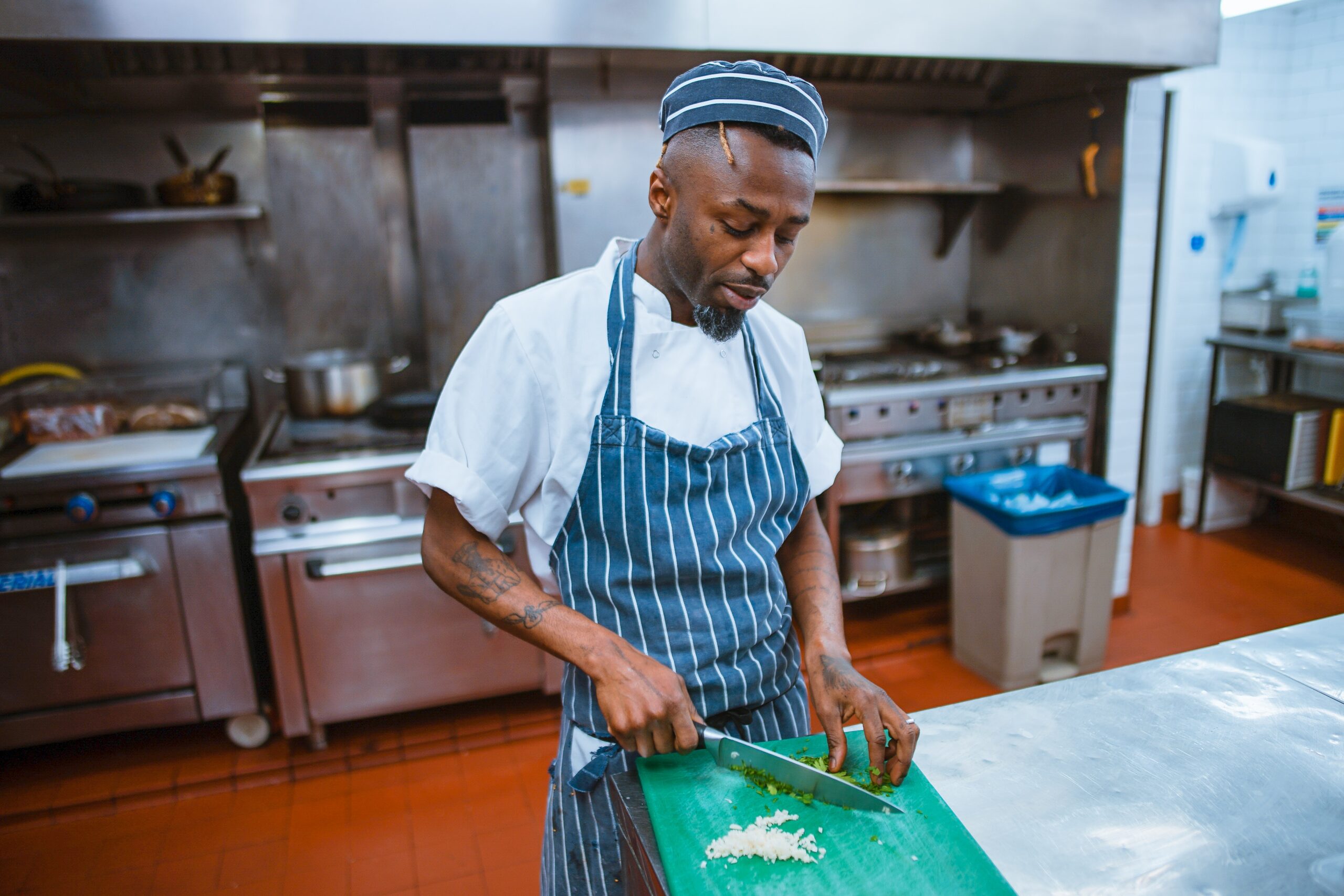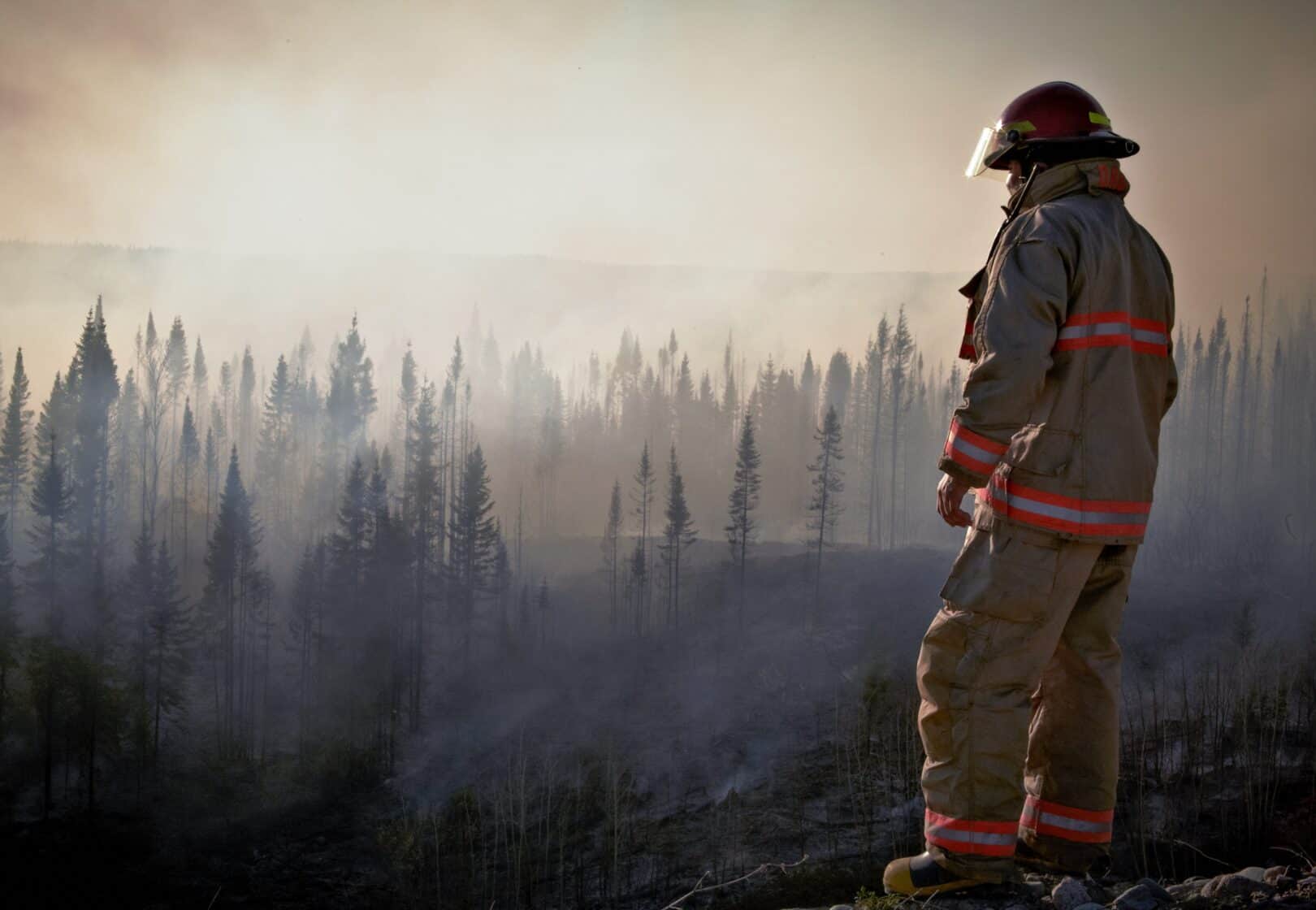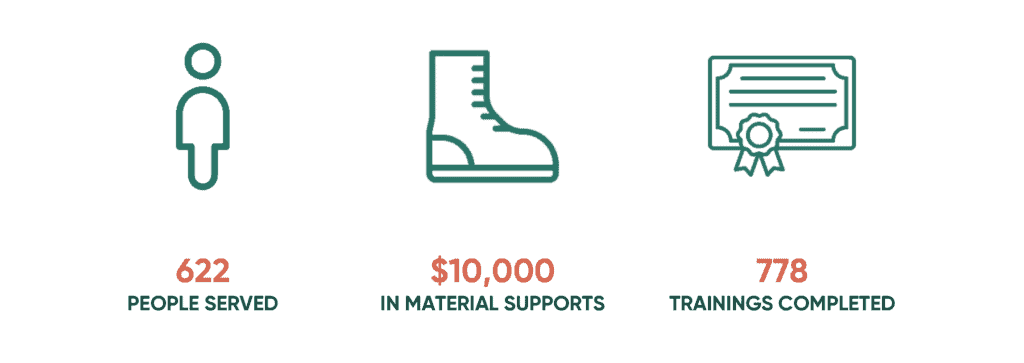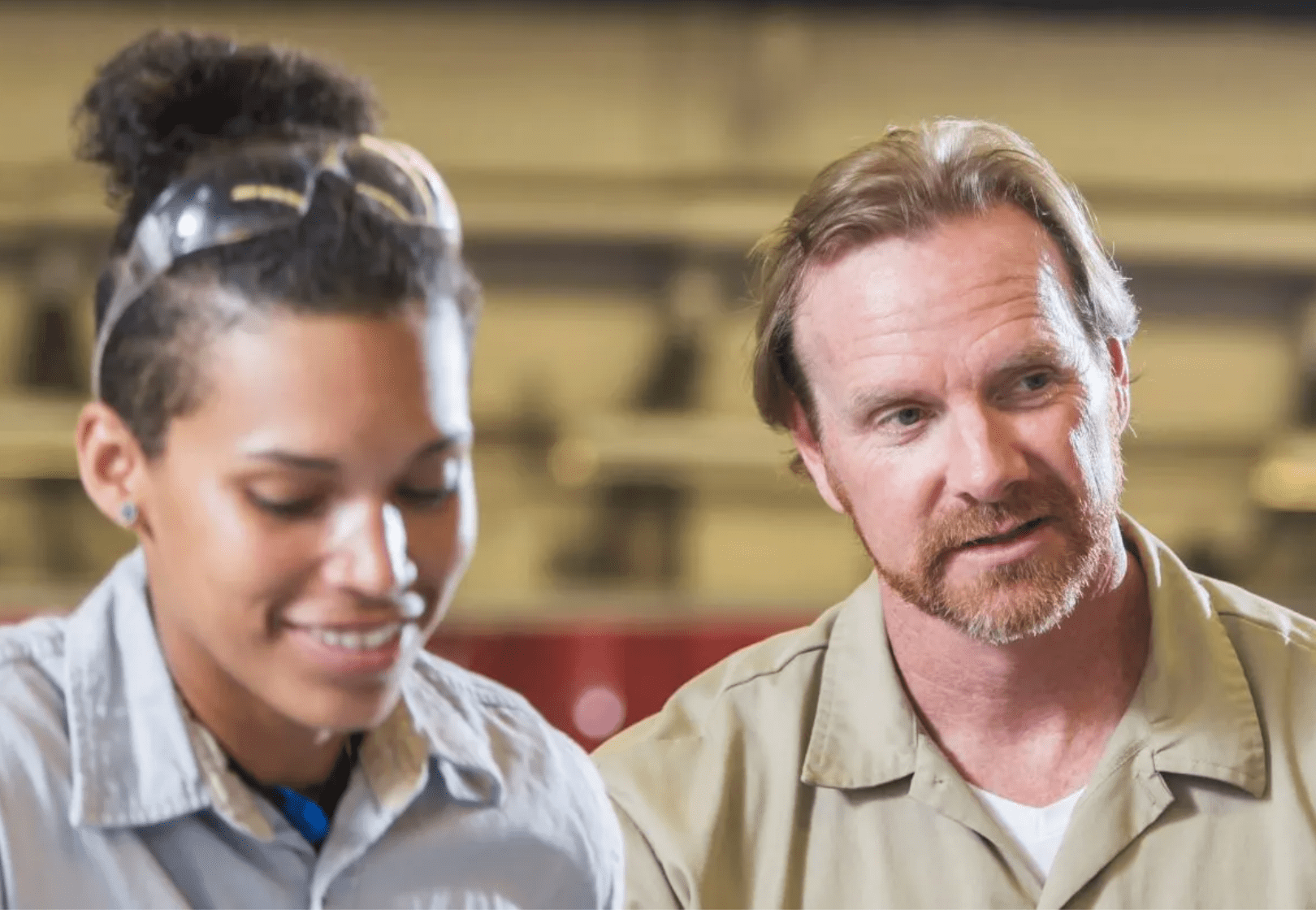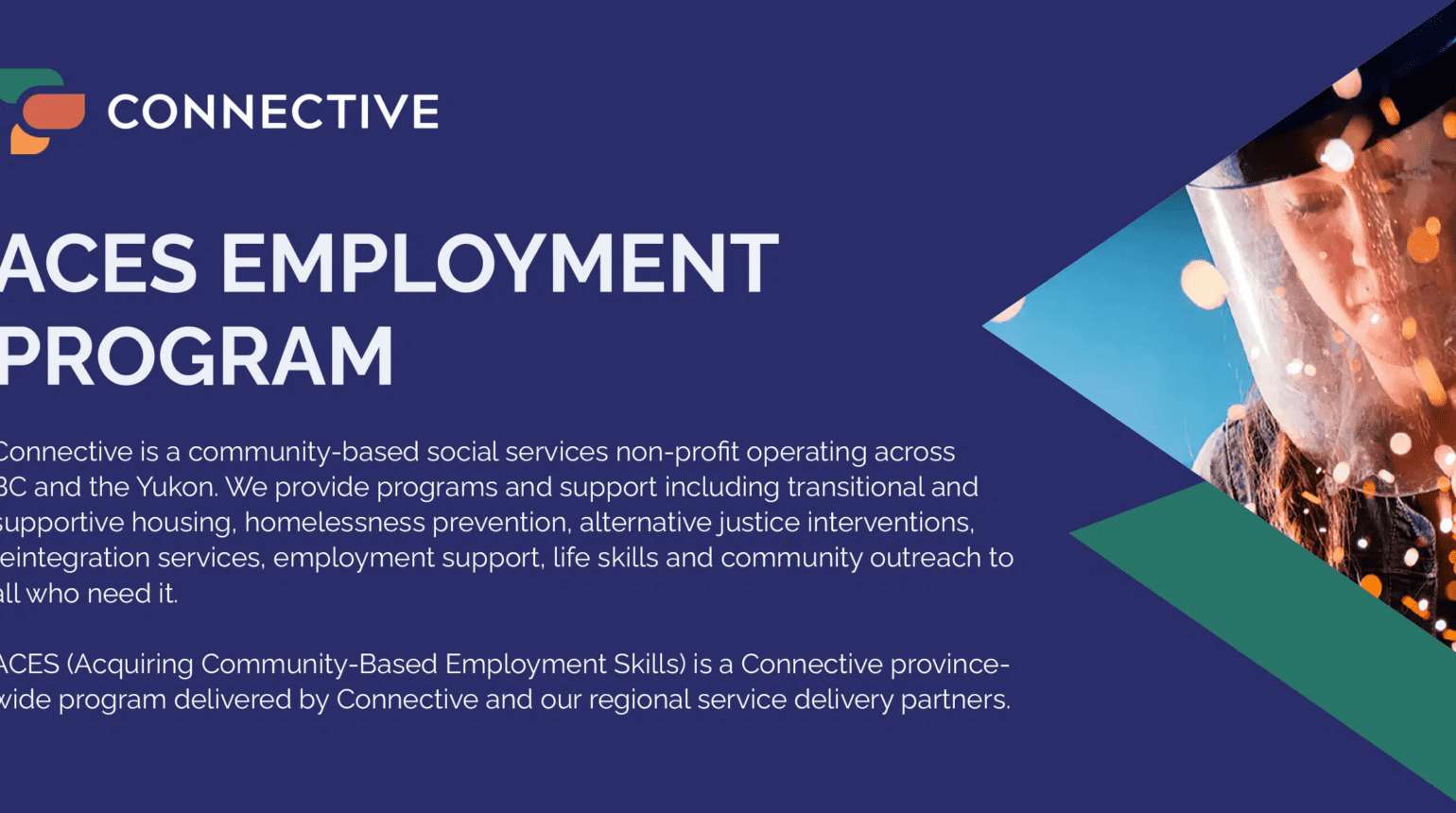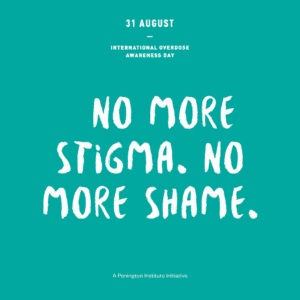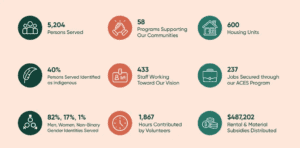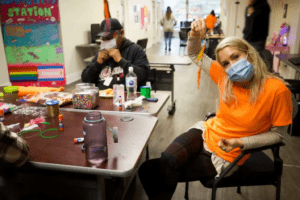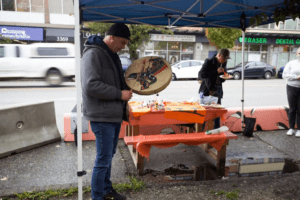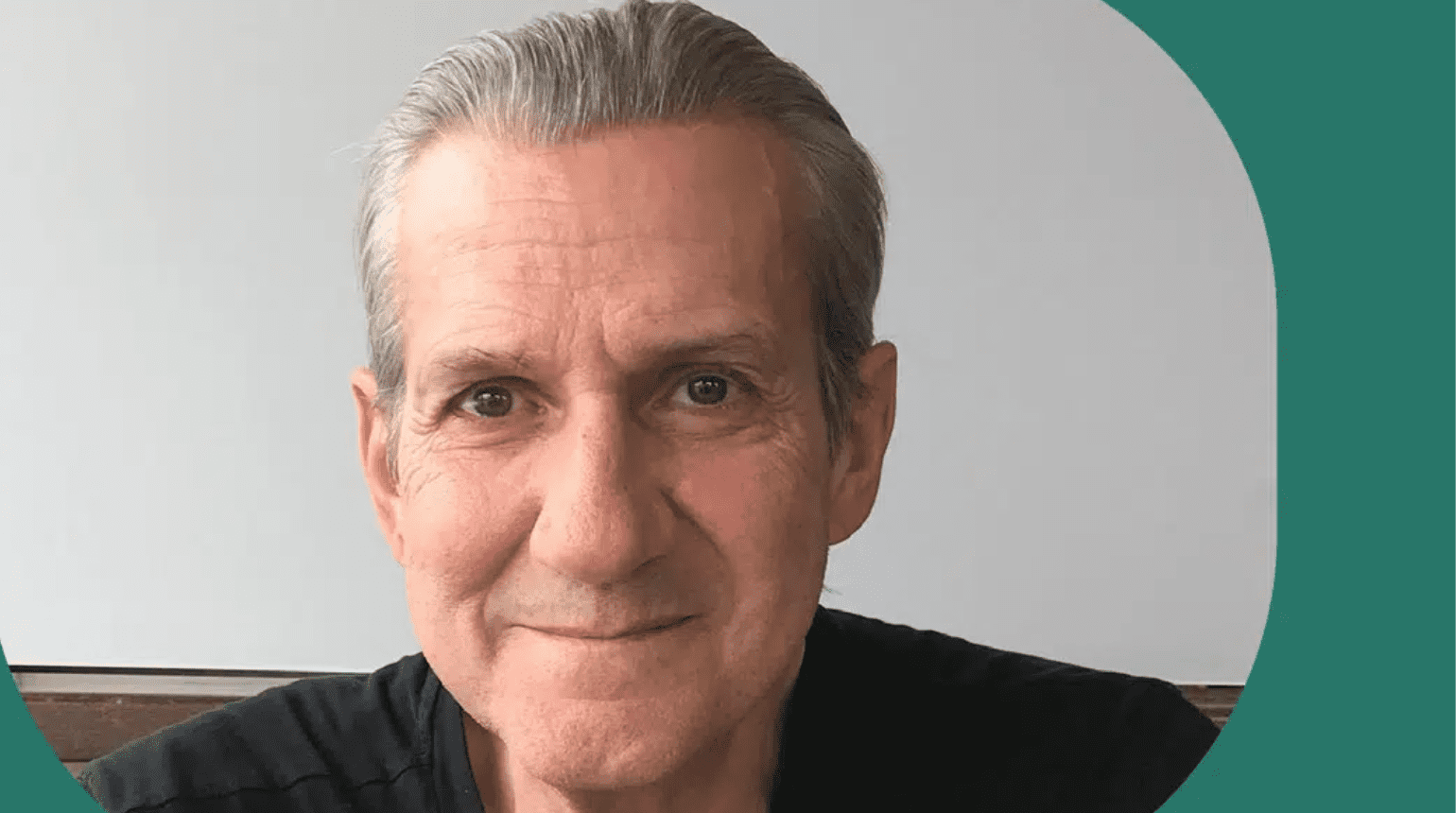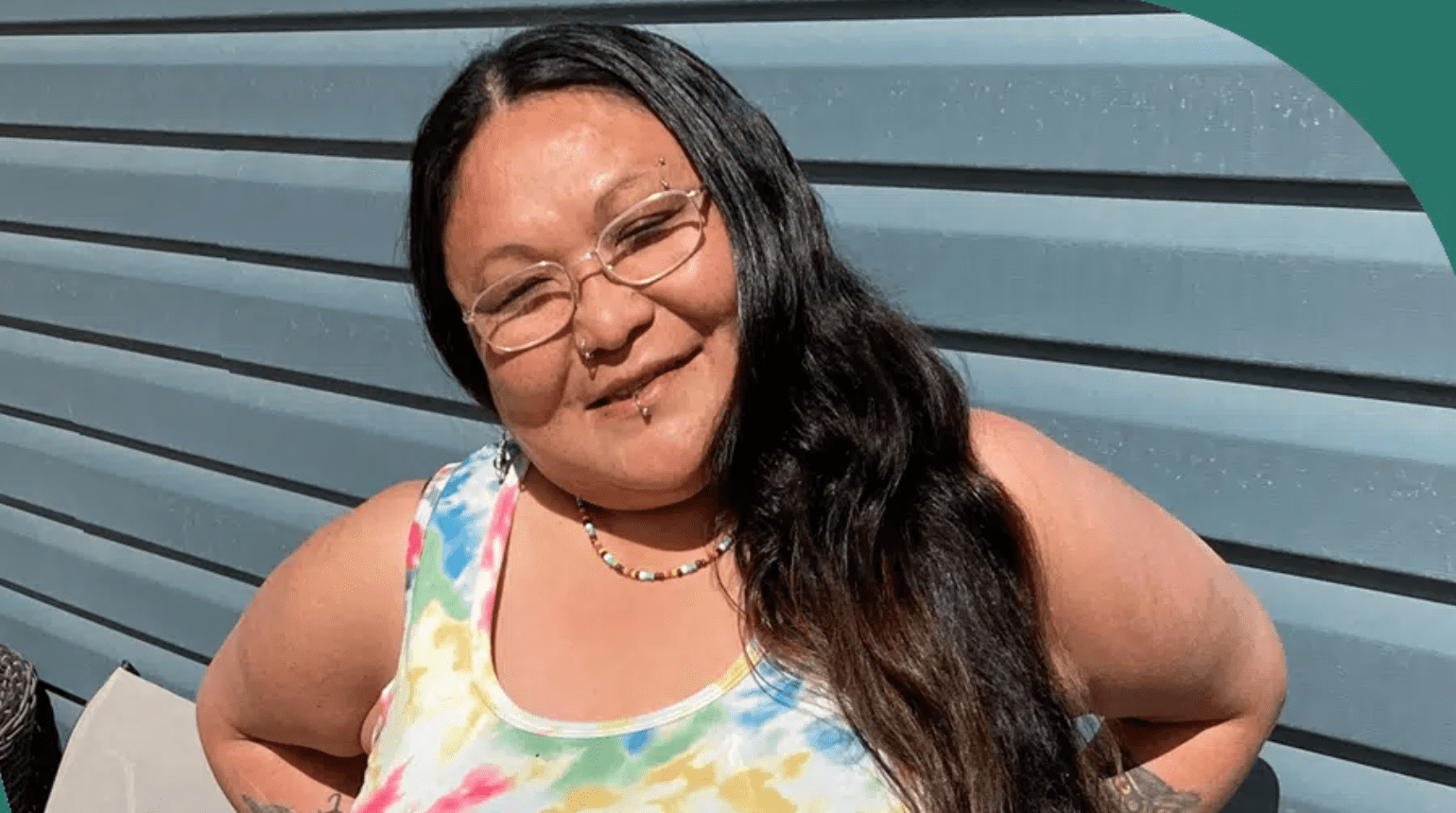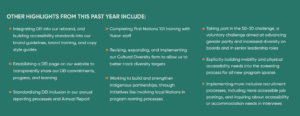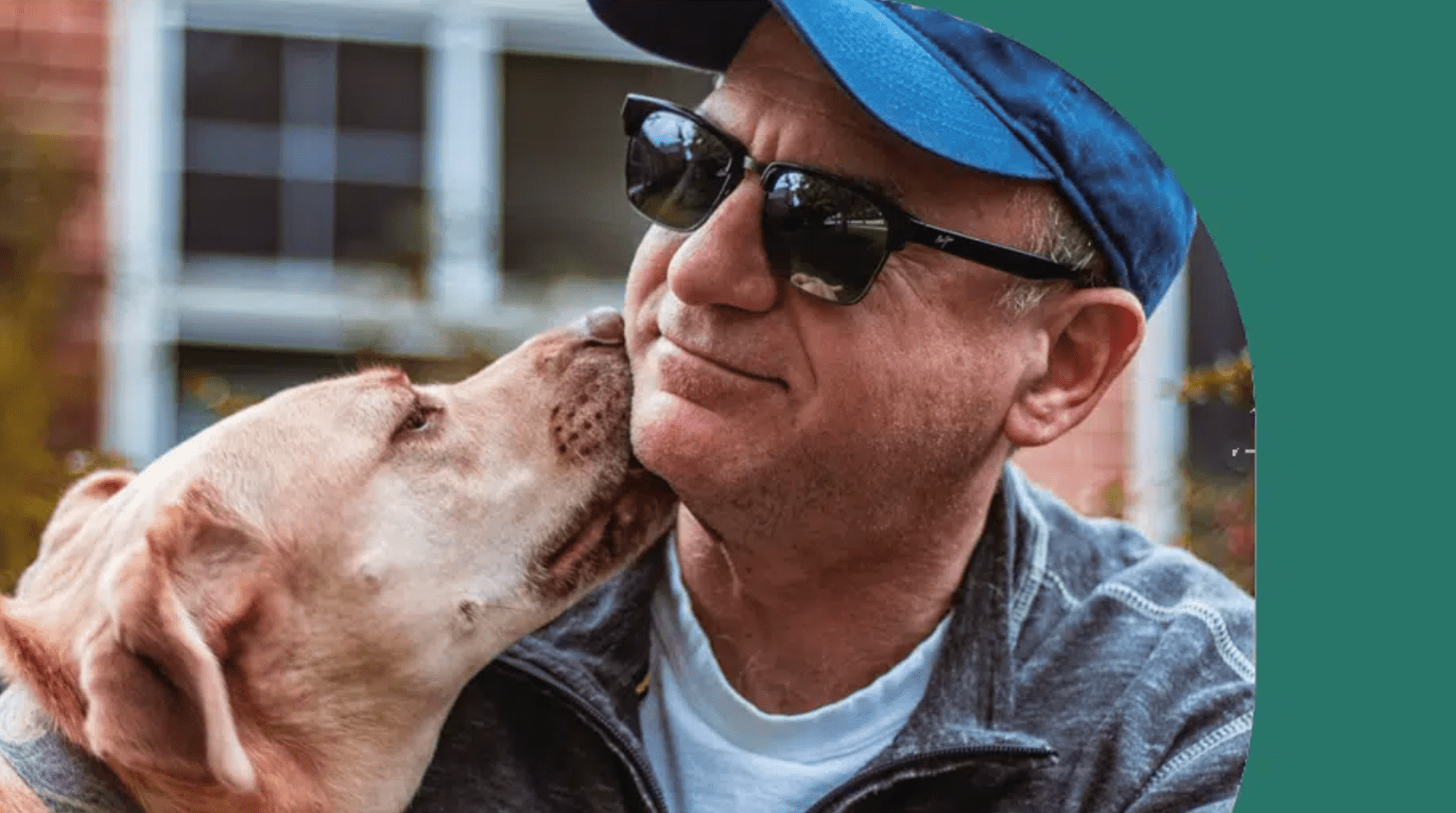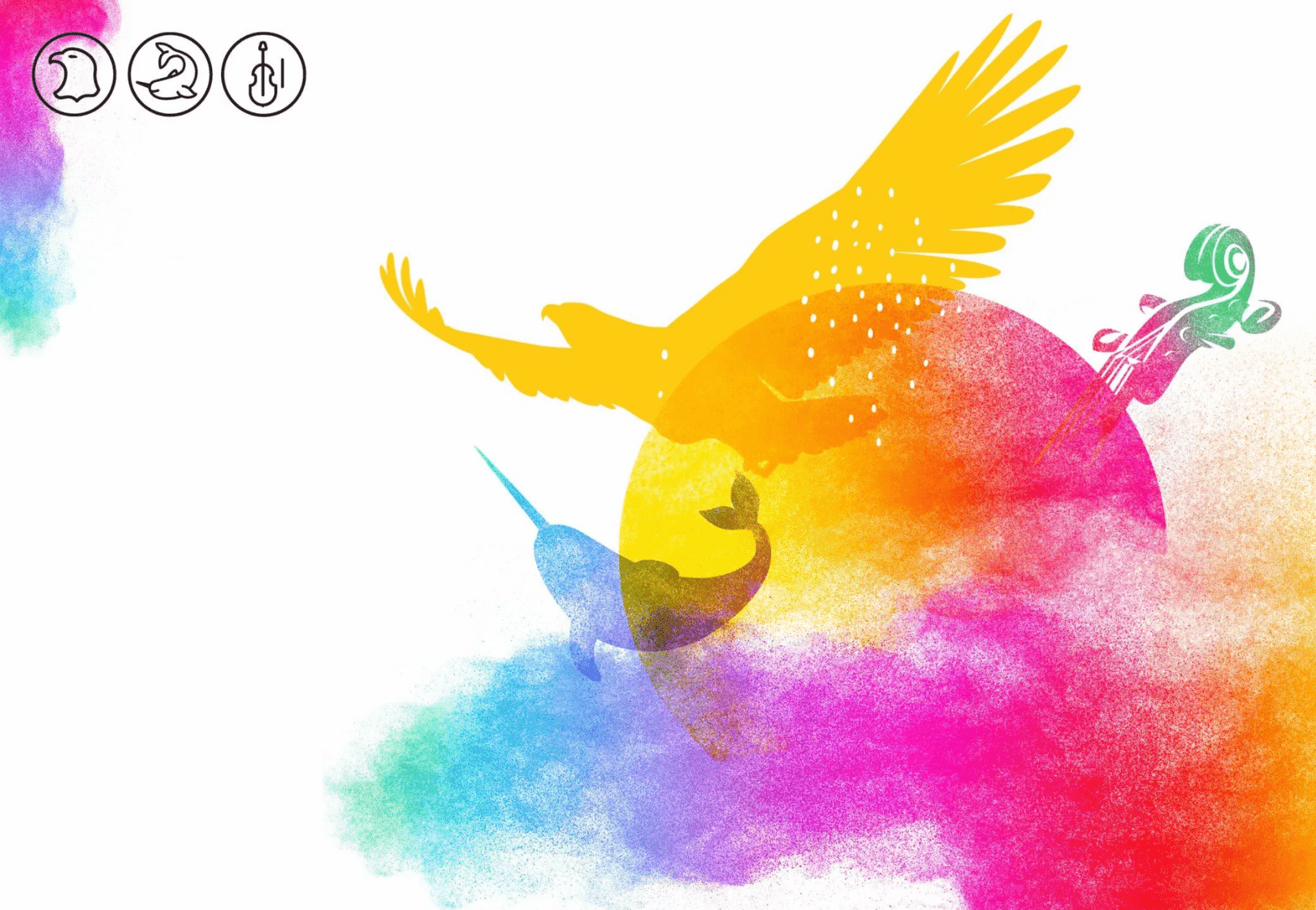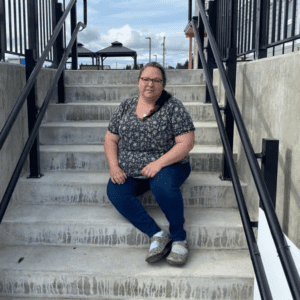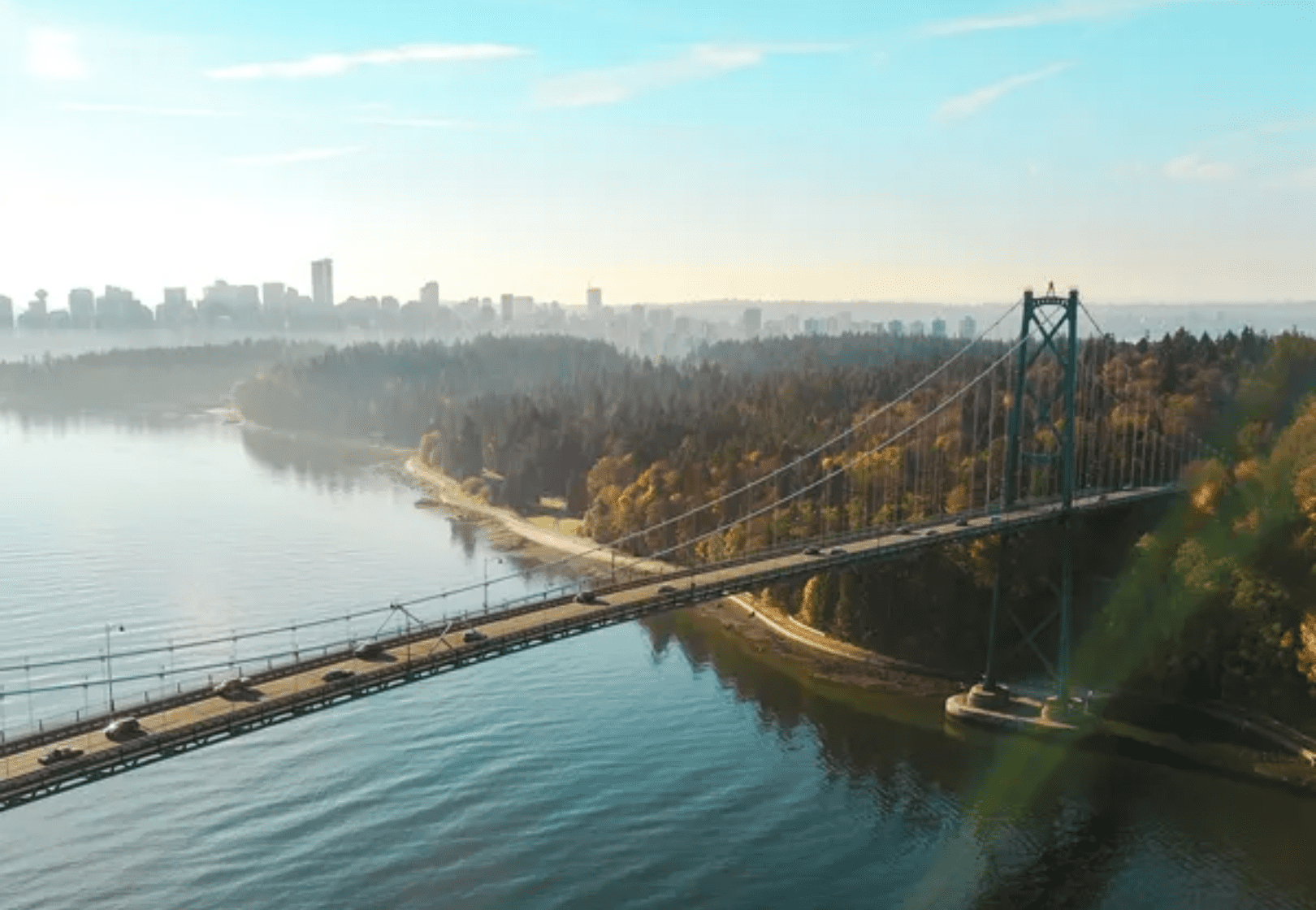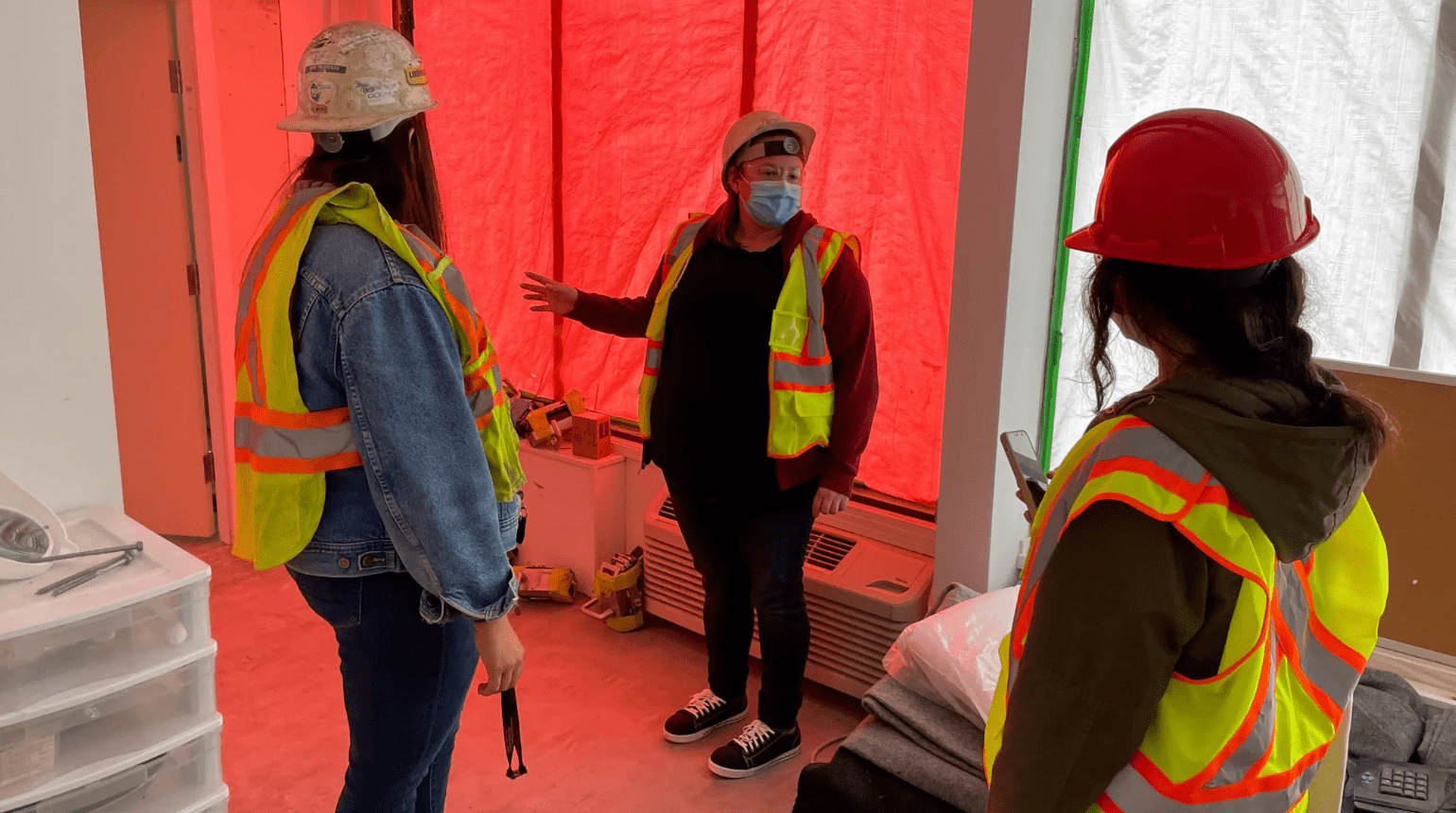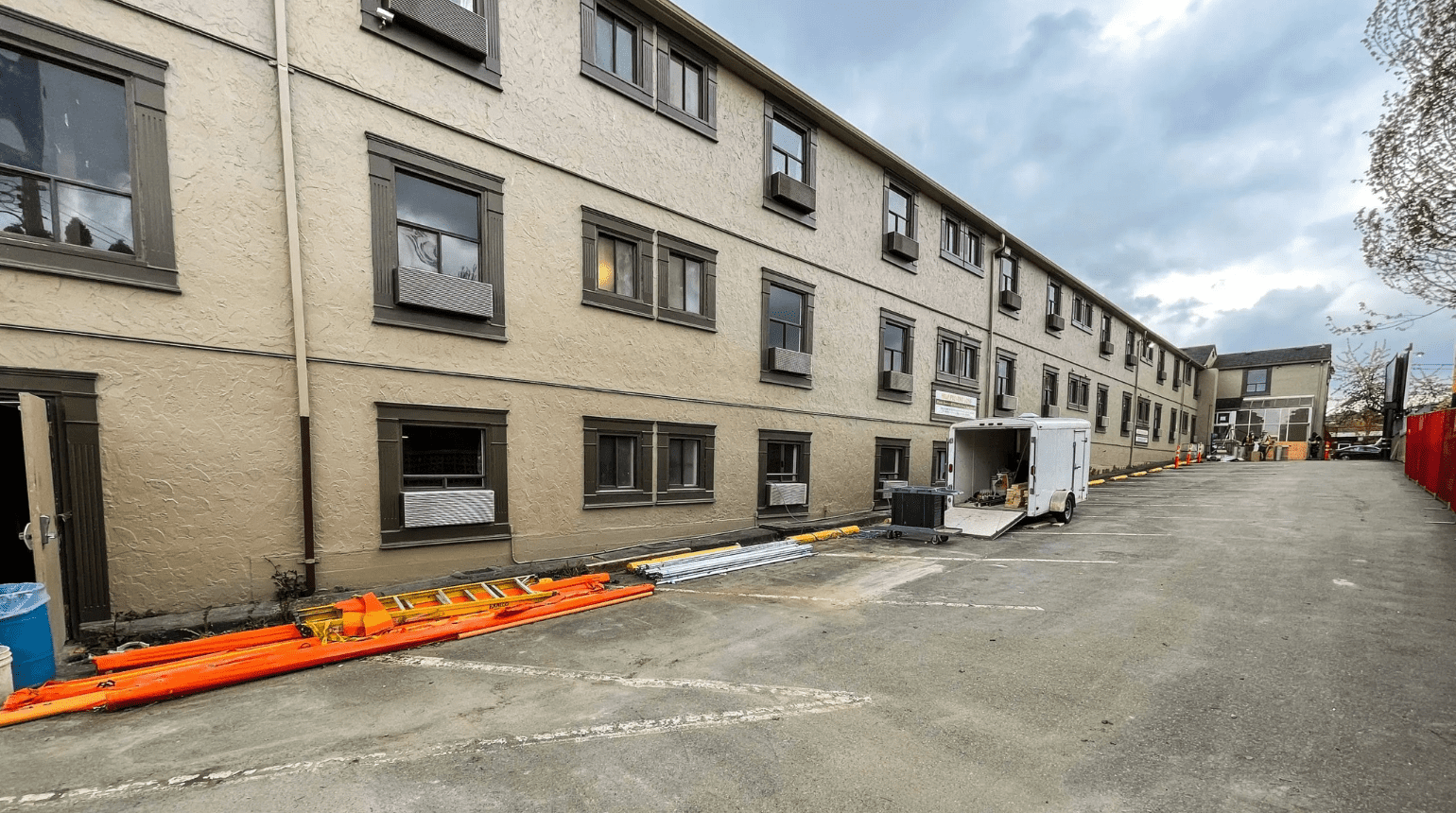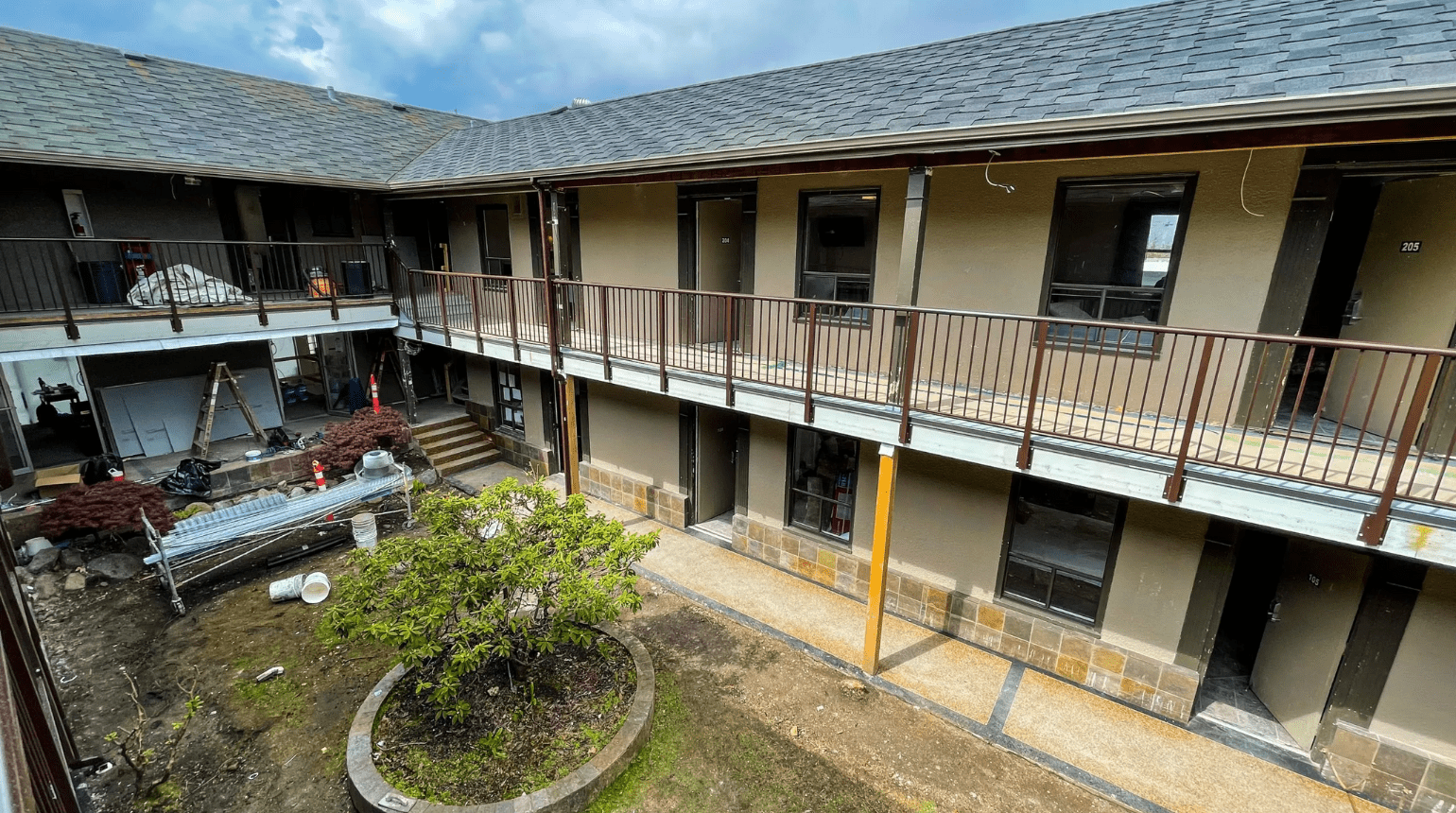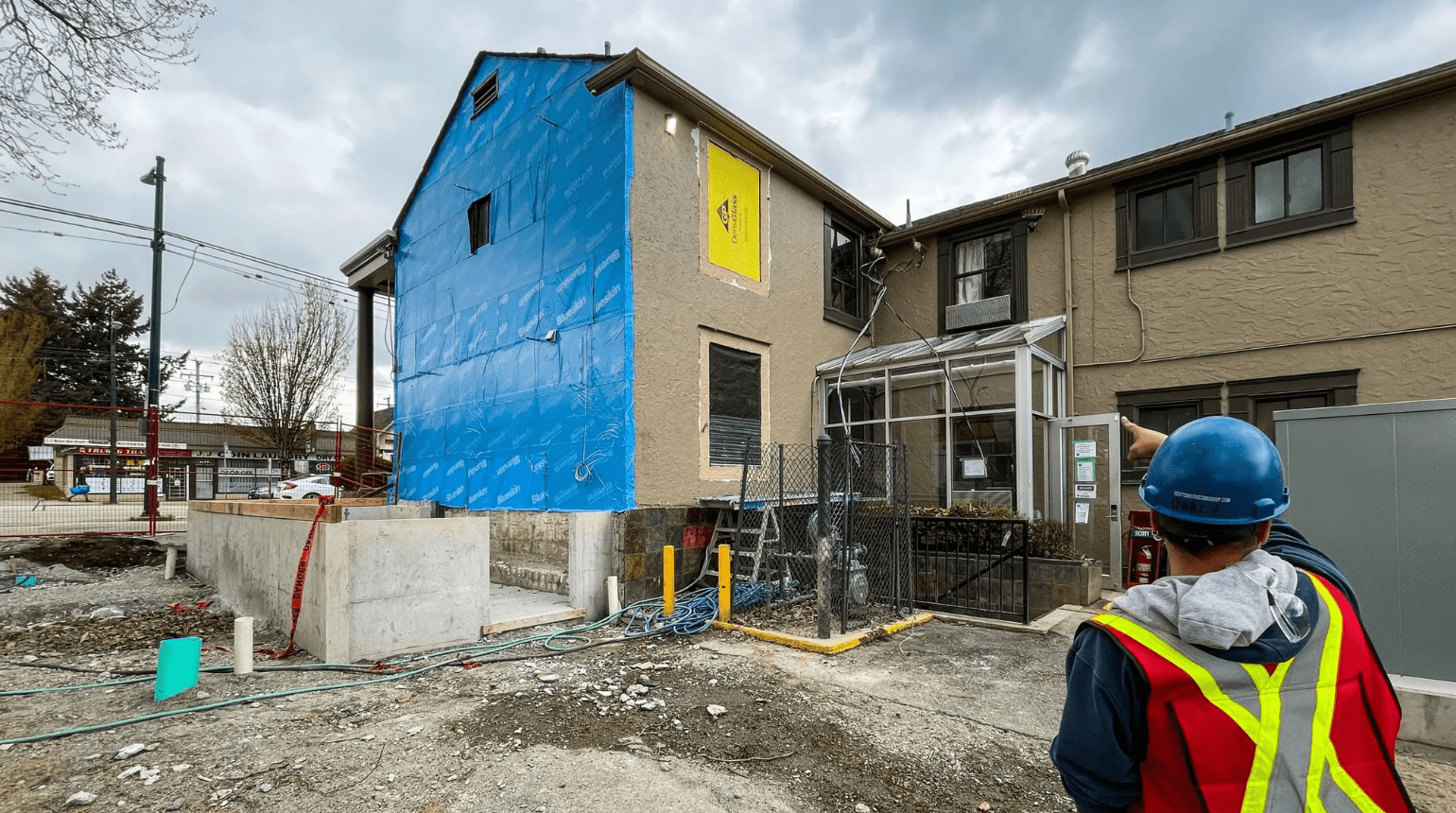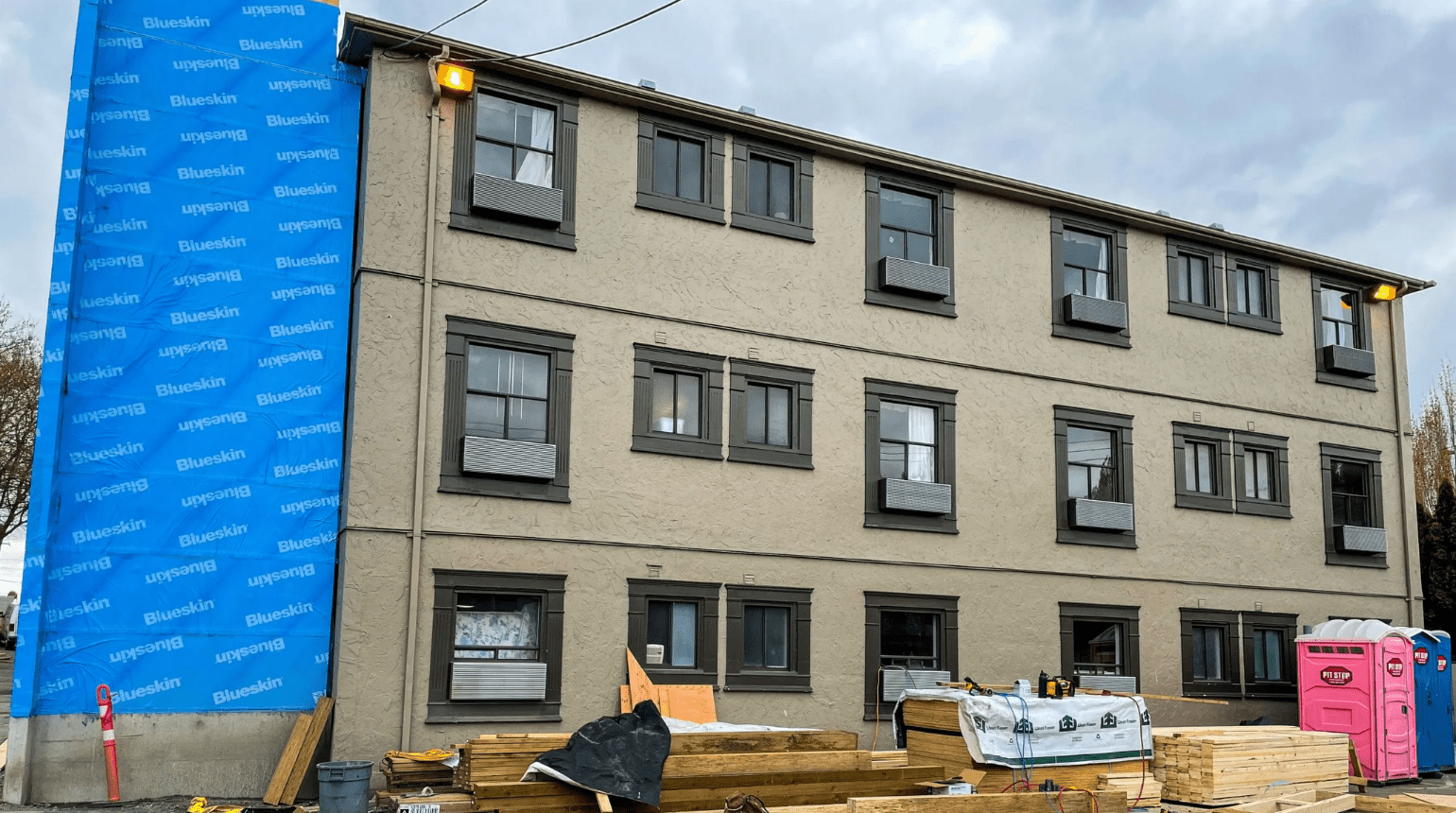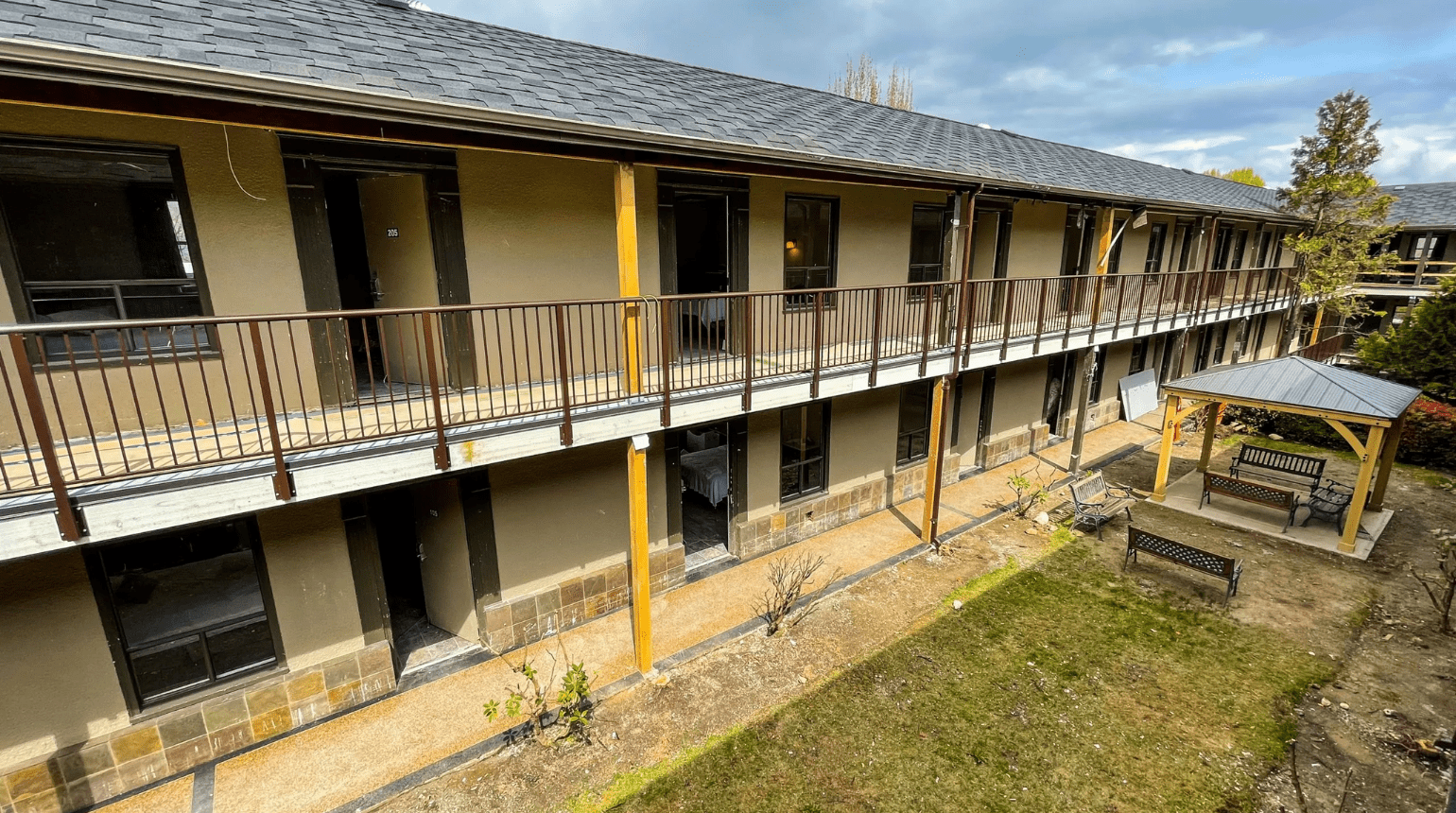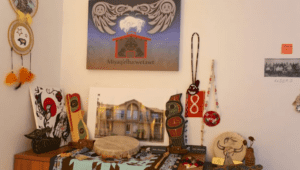Sharing our 2023-24 Annual Report
Chronicling the ways we continue to grow as an organization, evolve as an essential service provider, and adapt to new challenges and opportunities.
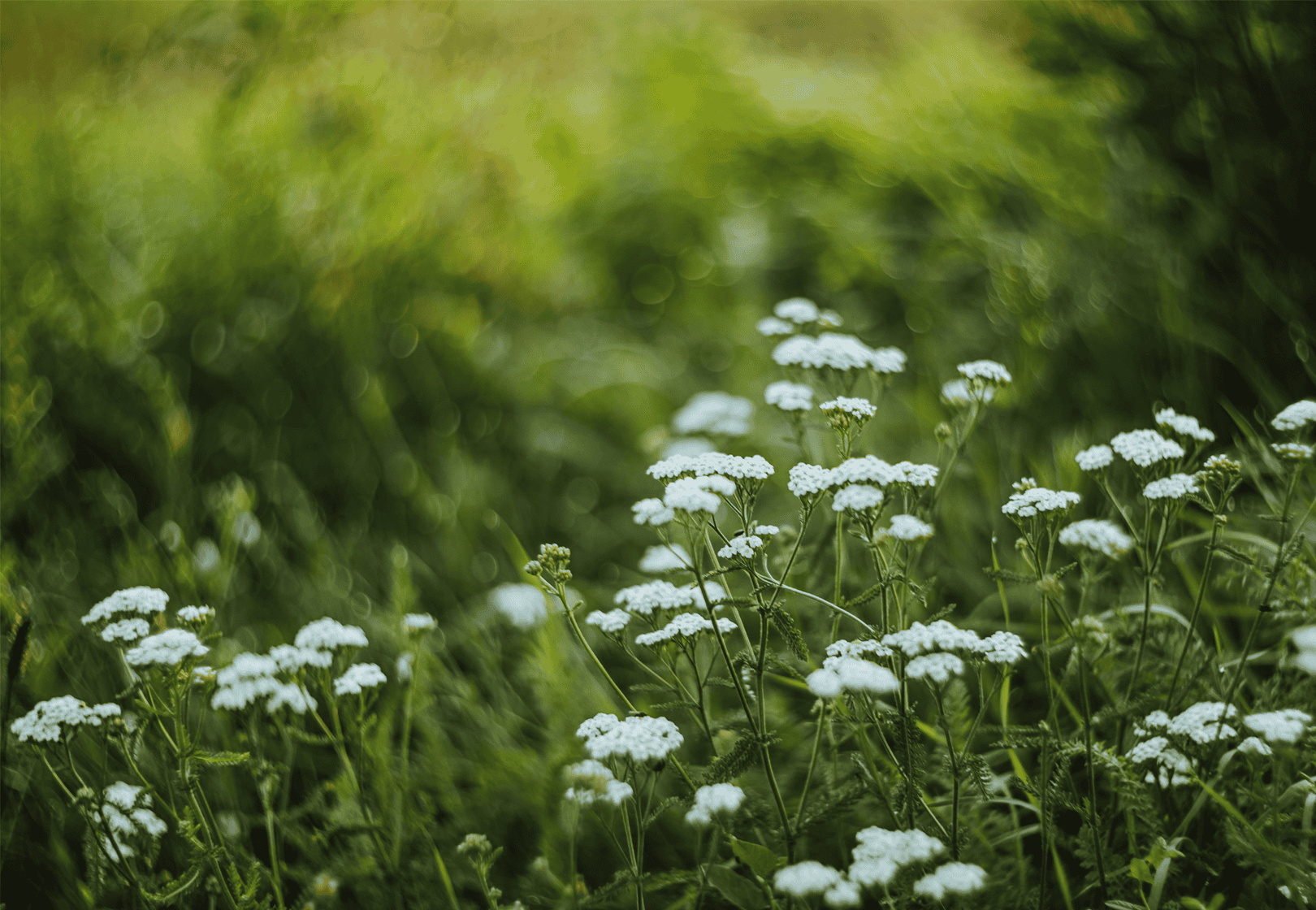
Last week we were excited to share the launch of our 2023-24 Annual Report.
READ OUR REPORT
The narrative it weaves is one of collective dedication, ingenuity, and accountability. It chronicles the inspiring ways we continue to grow as an organization, evolve as an essential service provider, and adapt to new challenges and opportunities.
We are immensely proud of these achievements, the impacts they’ve had on the lives of our service users, and the ways they’ve contributed to our vision of a safe, healthy, and inclusive community for all.
While we invite everyone to read the complete report, we wanted to share some of our favorite highlights.
Our Year in Numbers
Expanding Our Reach
Finding New Ways to Meet the Needs of our Communities
My Home Place – Supportive Housing in Dawson Creek
In late 2023, Connective was proud to assume operation of an existing program in Dawson Creek, BC, marking our first time offering services in the community.
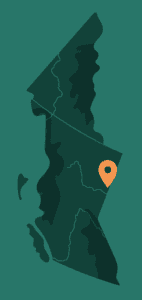
When the program’s previous operator decided to step away, Connective was selected by BC Housing to fill the impending gap and avoid service disruption. Throughout the transition we worked closely with the former operator and are excited to continue building on the strong foundation they established.
We are grateful for the chance to leverage our expertise in service to Dawson Creek, and to continue providing this essential service at a time when housing instability is at an all-time high.
“My favorite part of working at My Home Place is the fulfilment that I have knowing that I am making a positive impact and difference in the lives of our residents. In the years that I have worked at My Home Place, I have developed meaningful connections with the residents and witnessed their progress…and this has been rewarding.”
– Tolu, Program Manager
Cornerstone – Supportive Housing in Nanaimo
In May of this year, Connective Nanaimo was so excited and proud to welcome the first residents to Cornerstone, a 51-unit supportive housing building on Prideaux Street. While this project was just over two years in the making, its completion marks the realization of a much longer-held goal for Connective Nanaimo.
“We are deeply honoured to assist in ensuring people experiencing homelessness in our community have access to safe and secure housing.”
– Susan Clift, Board Chair, Connective Nanaimo
Alongside a permanent place to live, residents will receive a range of 24/7 support services, including two meals per day, life and employment skills training, health and wellness support, and referrals to addiction recovery services.
Overcoming Barriers to Employment in Kamloops
Multi-Barrier Program
This past year, Connective Kamloops began offering a new opportunity to individuals facing multiple barriers to employment. Responding to an urgent, identified need, participants completed specialized training with BC Ambulance.
The Multi-Barrier Program supported 10 individuals through training and testing, helping them cover fees, acquire their Class 4 license (a common barrier for many), and more. Five of the trainees were hired to work as ambulance technicians, while the other five took adjacent work paths, including as medics for fire response.
Most trainees will be working in remote Indigenous communities, bridging a gap in existing levels of critical emergency response care.
“When people are in crisis, it’s important that they feel comfortable. That they have a trained, skilled worker supporting them. So, the emergency responder course…It’s just a beautiful thing to be able to offer for people.”
– Tammi, Director of Health, Housing and Employment
Remote Service Delivery
“Every time we go to remote communities, I just feel so honoured to be invited…I once heard this speaker, Doctor Dustin Louie, talking about how real interactions start when you go to communities. That felt so fitting. It’s such a different experience to be a part of it…You’re building skills and teaching new things, and at the same time, you’re being taught new things.”
– Danielle, Program Manager
Lorne’s Story
Bedford Manor
Though art mostly took a back seat to life during his early-adult years, Lorne began to feel its pull once more. In his 40’s, Lorne tentatively began to paint. He had no formal instruction and was worried he’d “never be able to paint anything that was half decent.” Putting his reservations aside, Lorne persevered. With the help of instructional books and the sagely wisdom of TV artist Bob Ross, he quickly found his groove and has never looked back. 43 years later, now living at Bedford Manor, Lorne is still going strong.
Every month, Lorne contributes a painting to Bedford Manor’s monthly newsletter. The residents look forward to seeing his work, and it makes Lorne feel good, too. It’s a nice way to contribute to the place he calls home. Lorne is deeply appreciative of program staff, who “help him with anything he needs,” and of the building’s location, which provides easy access to local essentials. For Lorne, Bedford Manor is “a good fit” – staff and residents are inclined to agree.
Diversity, Equity, and Inclusion
At Connective, we believe that the diverse characteristics of individuals enrich our communities, and strive to create spaces where those differences are welcomed, valued, and celebrated. We recognize this process is ongoing, and we are committed to continuously improving.
This past year, we were excited to continue our DEI journey:
- Enhanced our recruitment process by updating job postings with inclusive language to improve accessibility, remove barriers, and add the physical requirements of each position.
- Reformulated Connective’s DEI team/department leads group and worked to develop strategic goals aimed at embedding DEI principles across the organization.
- Posted regularly to Workvivo, our internal communication platform, highlighting relevant DEI observances such as Ramadan, Pride, and Earth Day. These aimed to promote inclusivity and celebrate diversity within our workplace.
- Elmbrook Supportive Housing: Secured an Indigenous Elder to visit on a bi-monthly basis. This has been a goal since the program’s opening, but one that was challenging to achieve.
- Miyáqˈelhá:wetawt: Successfully completed the process to become a Section 84 destination for Indigenous service users applying for Section 84 releases. Service users also regularly attended local cultural nights and provided donations of traditional crafts, including regalia, to families.
- Tri-cities Outreach: Identified and addressed a gap in providing a safe space for women by starting a monthly life skill and relationship building group.
- Home Share: Enrolled several managers into American Sign Language classes to better understand and connect with persons served.
These are just a few partial highlights of the many different stories and updates captured in our Annual Report for 2023-24. We encourage you to read through the entire report by visiting the link below.
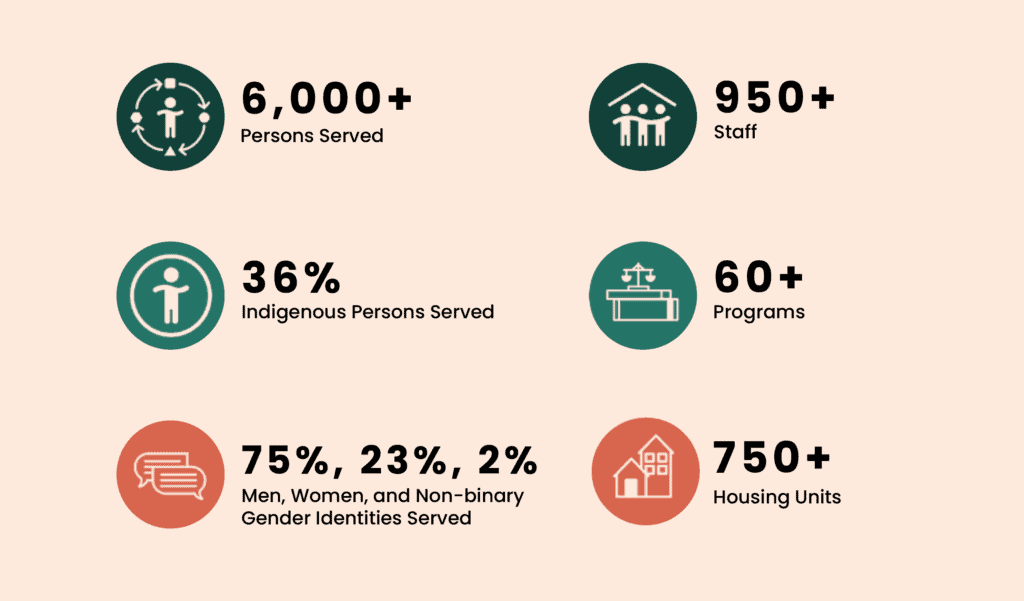
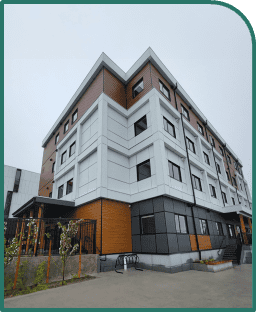
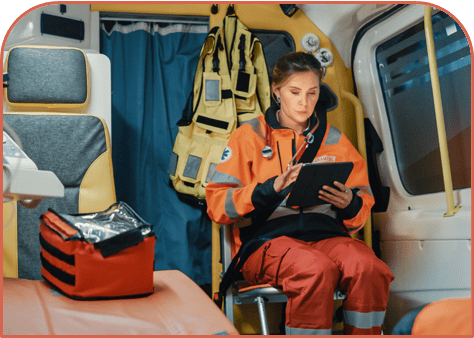
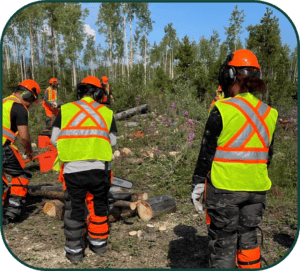
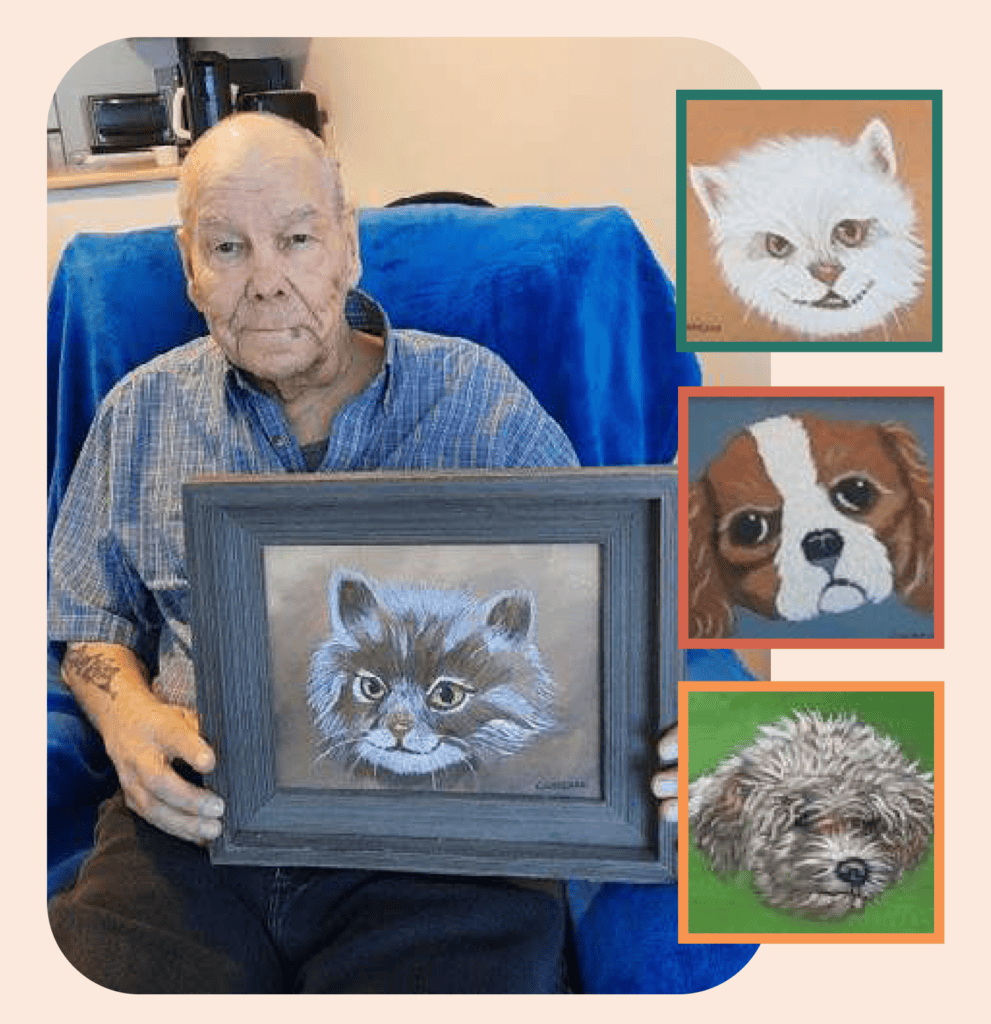
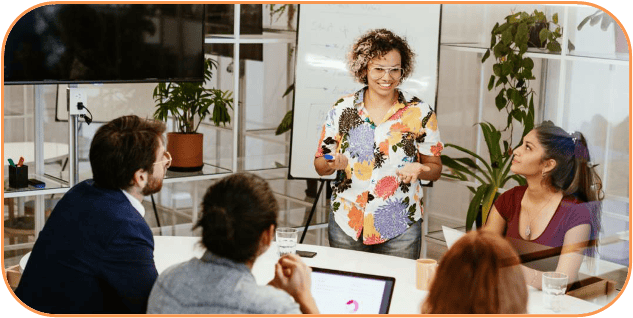
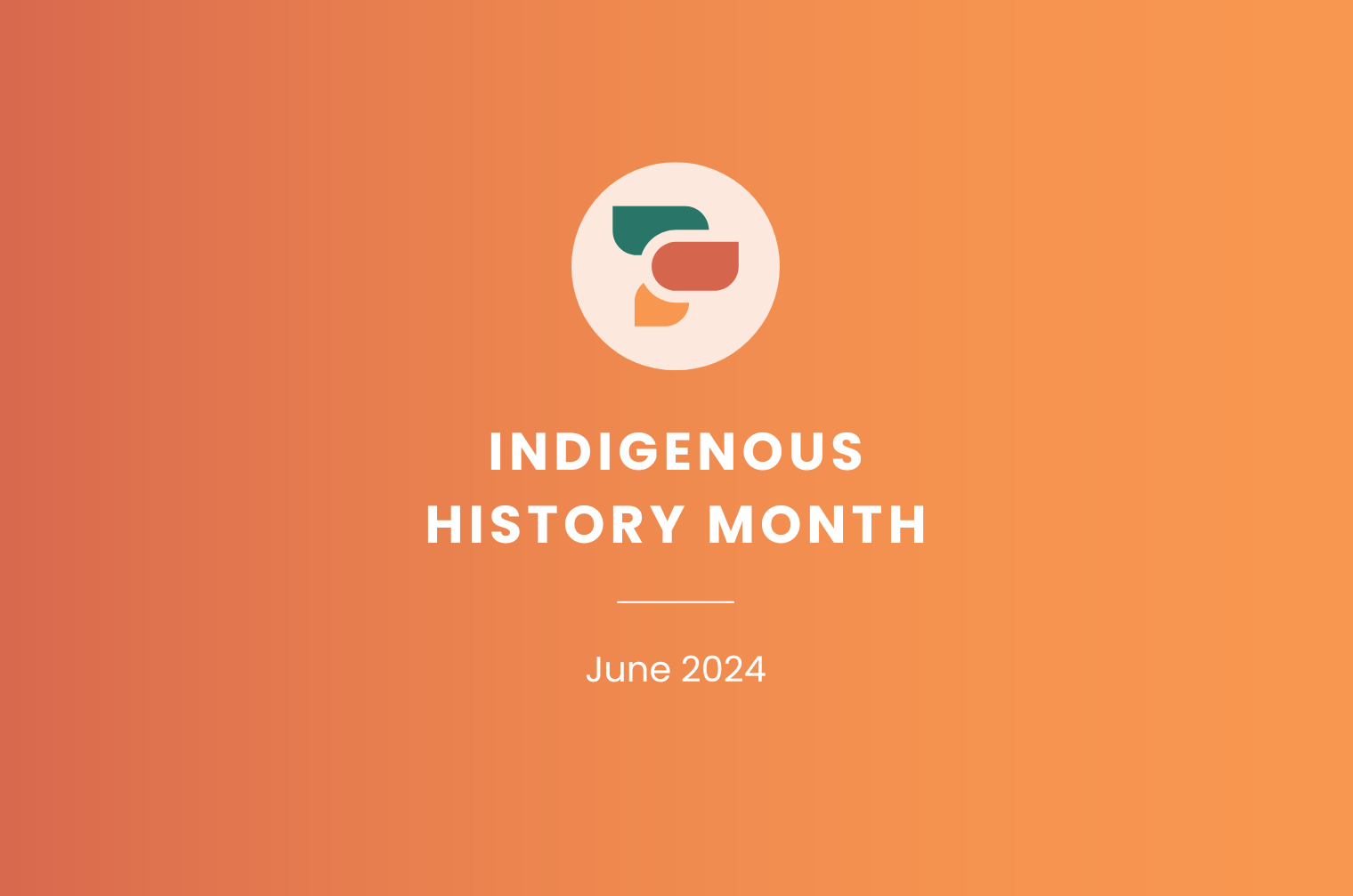
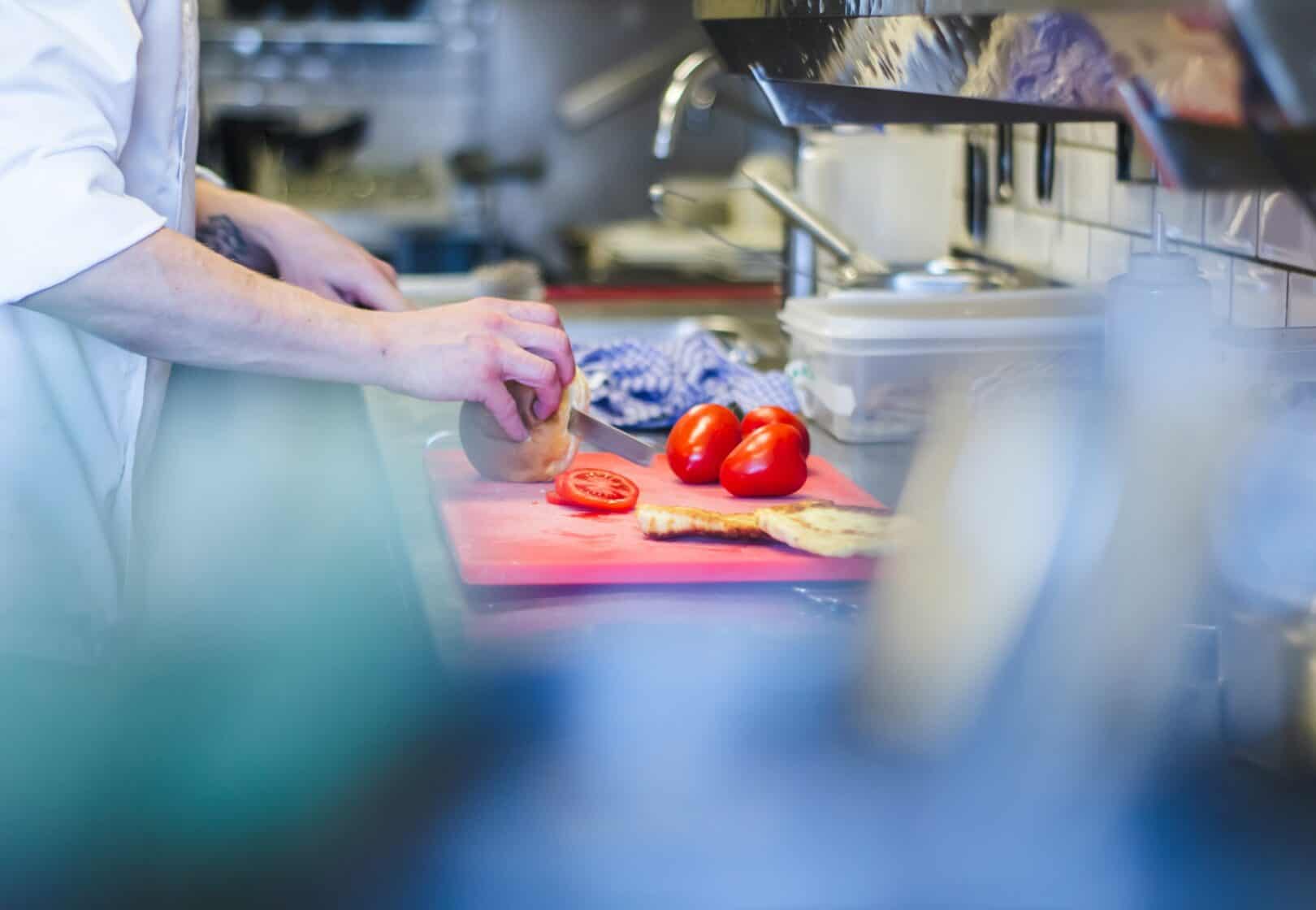

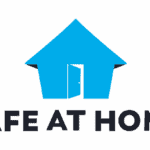 up to 40 lunches and 40 dinners / day
up to 40 lunches and 40 dinners / day 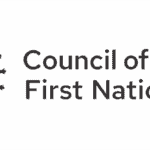 up to 50 dinners / day
up to 50 dinners / day